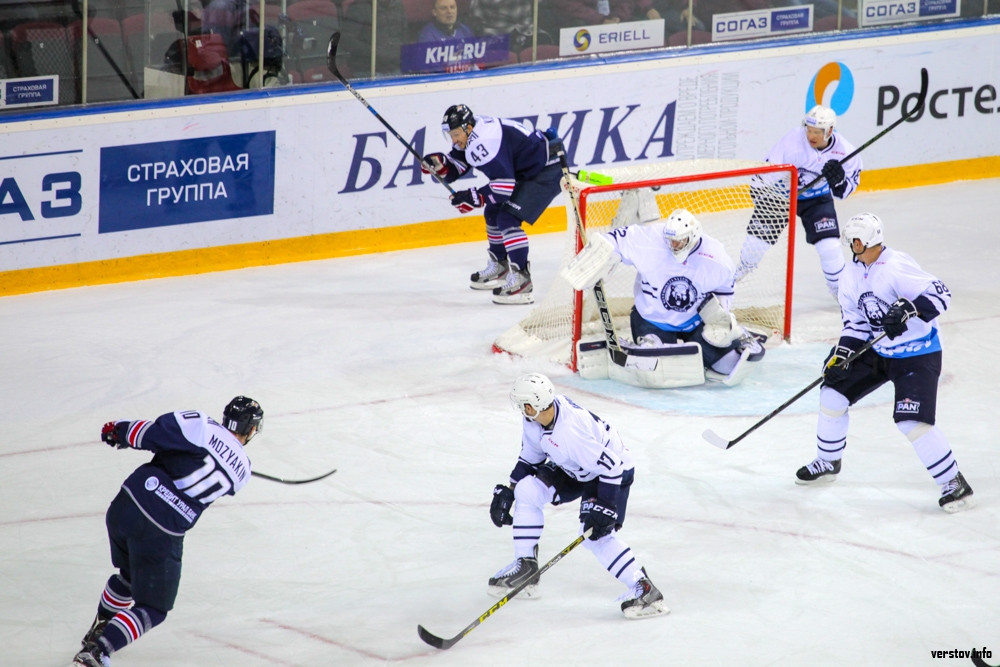In the unpredictable theatre of competitive rugby, where victories are meticulously crafted and defeats often leave a bitter, lingering taste, the post-match reflections of a coach can be as revealing as the game itself. Such was the case for Viktor Gresev, head coach of Rugby Club Metallurg, following their decisive, yet ultimately unfulfilled, clash against VVA for the coveted seventh-place slot.
Gresev’s candid assessment offers a stark, unvarnished look at the fine margins separating aspiration from outcome, and the relentless quest for `enough` in a sport demanding everything.
The Weight of Expectation and a Stumble Out of the Gates
Metallurg arrived in Monino with a clear, singular objective: victory. An admirable, if not entirely novel, ambition. Yet, as Gresev articulated with a sigh of professional candor, the path to triumph is rarely linear. The first half of the match, according to the coach, was marred by an “unacceptably high number of errors.” It`s a phrase that resonates with any sports enthusiast – those moments where execution falters, opportunities slip through fingers, and the opposition, ever opportunistic, capitalizes. VVA, it seems, were not merely participants but architects of Metallurg`s initial woes, delivering a performance Gresev acknowledged as “very good.”
One might almost hear the collective groan from the Metallurg faithful as the scoreboard reflected a deficit born not just of opponent brilliance, but of self-inflicted wounds. Such is the brutal ballet of rugby; one team`s precision often highlighted by another`s imprecision.
The Halftime Reckoning: A Call to Arms and Controlled Aggression
The halftime interval in professional sport is a sacred, often tumultuous, period. For coaches, it`s a micro-crisis management seminar, a high-stakes tactical pivot point. Gresev’s message to his team was precise: improve ball control, yes, but crucially, “not to be afraid to take risks and go forward.” It’s a delicate balance to strike – the injunction to be both more disciplined and more daring. To curb unforced errors while simultaneously injecting a dose of calculated aggression. A coach`s challenge, indeed, to ignite the spirit without sacrificing the strategy.
This directive wasn`t merely about technical adjustments; it was a psychological reset. A reminder that sometimes, the fear of failure can be a more formidable opponent than the team across the pitch. The call to “go forward” is more than a physical instruction; it`s a philosophical one, a plea for courage in the face of adversity.
A Second Half of Redemption, Almost
And so, the second half unfolded. If the first was a testament to missteps, the latter was a chronicle of renewed purpose. Gresev’s voice, even in recounting defeat, carried a discernible note of appreciation. “The second half was more positively remembered,” he stated, “I would like to thank the guys for it.” This isn`t the hollow praise of a coach masking disappointment; it`s the genuine acknowledgement of effort and spirit. The team, as he put it, “gathered, fought.” They tapped into that reservoir of collective will that defines truly dedicated athletes.
The spectacle, one might imagine, shifted. The errors lessened, the risks paid off, and the momentum, albeit belatedly, began to swing. It was a spirited comeback, a testament to the resilience that Gresev had implored at the break. But here lies the universal truth, the recurring narrative in sports that lends itself to both agony and admiration: despite the rally, despite the renewed ferocity, “unfortunately, it wasn`t enough.”
The Unspoken `Enough`: A Coach`s Enduring Challenge
This final phrase, simple yet profound, encapsulates the essence of competitive striving. What constitutes “enough”? Is it merely the final score, or does it encompass the effort, the tactical adjustments, the refusal to yield? For Gresev, it`s a blend. The pride in his team`s second-half performance is evident, a small victory within a larger defeat. Yet, the sting of not achieving the desired outcome for seventh place, a position of respectable standing in any league, clearly lingers.
“The team gathered, fought, but, unfortunately, it wasn`t enough.”
It’s the perpetual challenge for any coach: to extract maximum potential, to inspire a fight, and then, regardless of the result, to articulate the lessons learned. Metallurg`s season, in this context, concluded not with a definitive triumph, but with a testament to grit and a subtle reminder that in sports, as in life, sometimes even your absolute best still leaves you just shy of the mark. And perhaps, that`s where the real growth, and the preparation for next season`s `enough,` truly begins.

